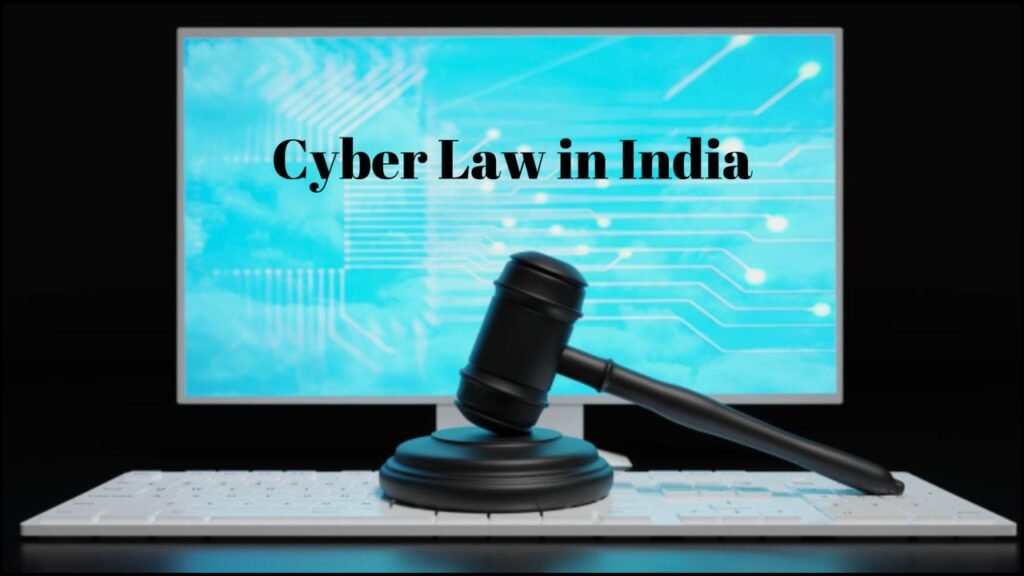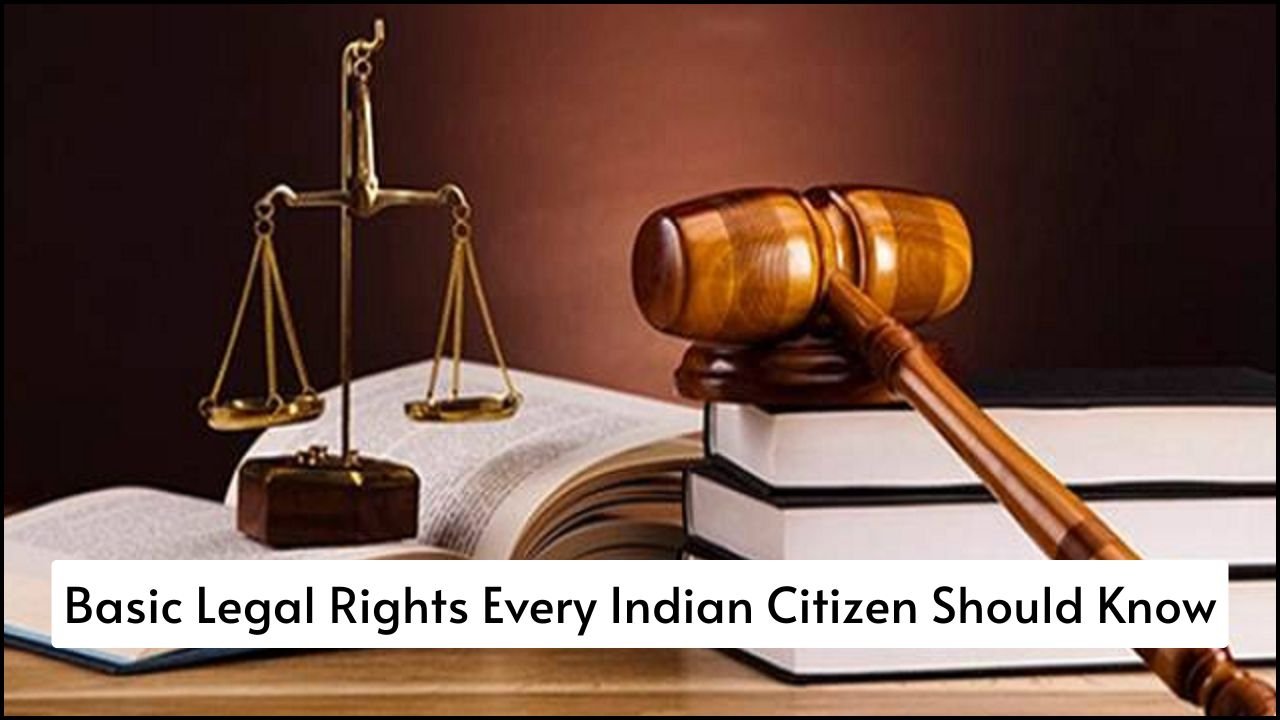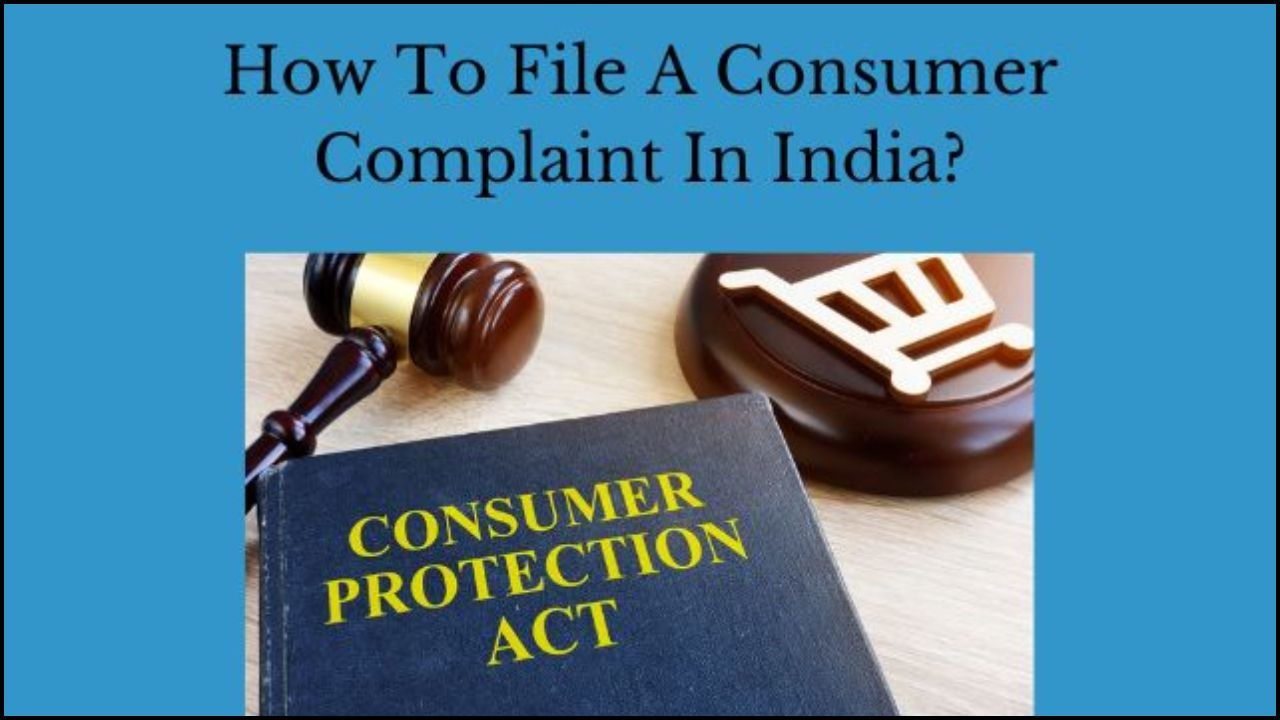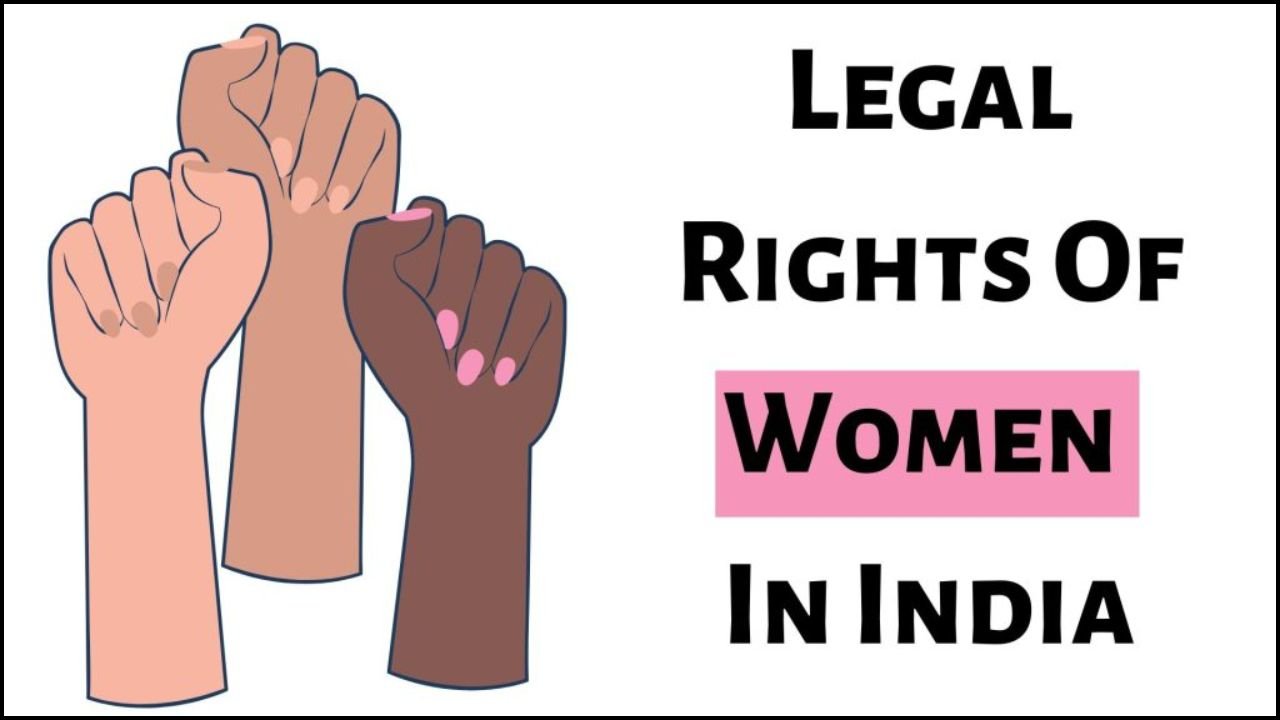
In today’s hyperconnected world, where over 750 million Indians are active internet users, understanding cyber laws has become as essential as knowing traffic rules for drivers. Every click, share, download, and online transaction is governed by digital regulations designed to protect users while maintaining the balance between freedom and security. India’s cyber law framework represents one of the most comprehensive digital governance systems globally, addressing everything from online fraud and data theft to social media misuse and digital payment security.
Table of Contents
The Foundation: Information Technology Act, 2000
India’s primary cyber law framework rests on the Information Technology Act, 2000, a pioneering legislation that was among the first comprehensive cyber laws enacted globally. This Act provides legal recognition to electronic transactions, facilitates e-governance, and prevents computer-related crimes. The original Act has undergone significant amendments, most notably in 2008, to address emerging cyber threats and align with international best practices.
The IT Act recognizes electronic records and digital signatures as legally valid, enabling the digital economy to flourish with legal backing. It establishes the framework for electronic governance, allowing government services to be delivered digitally with the same legal validity as traditional paper-based processes. Under this Act, various cyber crimes are defined and penalized, including unauthorized access to computer systems, data theft, introduction of computer viruses, and cyber terrorism.
Understanding Cyber Crimes and Penalties
Cyber crimes in India are broadly categorized into offenses against individuals, property, and the state. The IT Act, along with amendments to the Indian Penal Code, addresses various forms of digital wrongdoing with specific penalties designed to deter criminal behavior.
Hacking, defined as unauthorized access to computer systems or networks, carries penalties ranging from imprisonment up to three years and fines up to ₹5 lakhs. This includes accessing someone else’s email accounts, social media profiles, or computer systems without permission. Identity theft and impersonation online are treated as serious offenses, with penalties including imprisonment up to three years and fines up to ₹1 lakh.
Publishing or transmitting obscene material in electronic form carries severe penalties, including imprisonment up to five years for first-time offenders and up to seven years for repeat offenses. Cyber stalking and harassment have been specifically addressed through amendments that recognize the unique nature of online harassment. Sending offensive messages, making persistent contact despite being told to stop, or publishing private images without consent can result in imprisonment up to three years and substantial fines.
Data Protection and Privacy Rights
The IT (Reasonable Security Practices and Procedures and Sensitive Personal Data or Information) Rules, 2011, establish mandatory requirements for organizations collecting and processing personal data. These rules define sensitive personal data to include passwords, financial information, health records, sexual orientation, biometric information, and any data that individuals have provided under lawful contracts specifying confidentiality.
Organizations must obtain explicit consent before collecting such data and implement reasonable security measures to protect it. Users have the right to access their personal data held by organizations and can demand corrections to inaccurate information. Data breach notification requirements mandate that organizations inform affected individuals and relevant authorities when personal data is compromised.
Comprehensive Cyber Crime Categories and Penalties
| Crime Category | Specific Offenses | Maximum Penalty | Key Provisions |
|---|---|---|---|
| Unauthorized Access | Hacking, password theft, system intrusion | 3 years + ₹5 lakh fine | Covers any unauthorized computer access |
| Data Theft | Information stealing, database breaches | 3 years + ₹2 lakh fine | Includes personal and corporate data |
| Identity Crimes | Impersonation, fake profiles, identity theft | 3 years + ₹1 lakh fine | Online identity misuse and fraud |
| Content Offenses | Obscene material, morphing, fake content | 5 years (first), 7 years (repeat) | Covers inappropriate digital content |
| Financial Crimes | Online fraud, phishing, payment scams | Up to 10 years + heavy fines | E-commerce and banking fraud |
| Harassment & Stalking | Cyber bullying, threatening messages | 3 years + fines | Digital harassment and intimidation |
| Privacy Violations | Unauthorized surveillance, data breaches | 3 years + compensation | Personal privacy protection |
E-Commerce and Digital Transactions
Online shopping and digital payments are governed by specific provisions that protect consumers while facilitating electronic commerce. The IT Act provides legal recognition to electronic contracts, making online purchases legally binding agreements with the same enforceability as traditional contracts.
Consumer protection in e-commerce is strengthened by provisions requiring clear disclosure of terms and conditions, pricing information, and seller details. Digital payment systems operate under the oversight of the Reserve Bank of India, with specific regulations ensuring transaction security and consumer protection. Two-factor authentication is mandatory for online transactions above certain amounts, and banks must implement robust fraud detection systems.
The Consumer Protection Act, 2019, has strengthened online consumer rights by establishing special provisions for e-commerce transactions. It requires online platforms to display comprehensive product information, ensure secure payment gateways, and maintain detailed records of transactions.
Social Media and Content Regulation
Social media platforms operate under the Information Technology (Intermediary Guidelines and Digital Media Ethics Code) Rules, 2021, which establish comprehensive content moderation requirements. Users must understand that their social media activities have legal consequences. Posting defamatory content, sharing fake news, or uploading copyrighted material without permission can result in both criminal and civil liability.
The rules require significant social media intermediaries to appoint grievance officers, compliance officers, and nodal contact persons for coordination with law enforcement. Content creators and influencers must comply with advertising standards and disclosure requirements when promoting products or services.
Digital Rights and User Protections
Indian internet users enjoy specific digital rights protected by law. The right to privacy has been recognized as a fundamental right by the Supreme Court, extending to digital communications and online activities. This means that unauthorized surveillance, data collection without consent, and privacy breaches can be challenged in courts.
Net neutrality principles ensure that internet service providers cannot discriminate against specific content or applications, maintaining equal access to information and services. Users have the right to seek compensation for losses suffered due to cyber crimes or negligence by service providers.
Reporting Mechanisms and Law Enforcement
India has established specialized cyber crime investigation units at national, state, and local levels to handle digital offenses. The Indian Computer Emergency Response Team (CERT-In) serves as the national nodal agency for responding to cyber security incidents. Citizens can report cyber crimes through multiple channels, including dedicated cyber crime helplines, online complaint portals, and local police stations.
The National Cyber Crime Reporting Portal allows users to report various types of cyber crimes and track complaint status. Law enforcement agencies have been equipped with specialized training and tools to investigate cyber crimes effectively, including digital forensics capabilities to preserve and analyze electronic evidence.
Best Practices for Digital Safety
Understanding cyber laws is only the first step toward digital safety. Users must implement practical measures including using strong, unique passwords, enabling two-factor authentication, and being cautious about sharing personal information on social media platforms. Regular software updates and antivirus protection help prevent malware infections.
When engaging in e-commerce, users should verify seller credentials, read terms and conditions carefully, and use secure payment methods. Social media users should understand privacy settings and regularly review what information they’re sharing publicly. Being respectful in online communications and avoiding the spread of unverified information helps maintain a positive digital environment.





